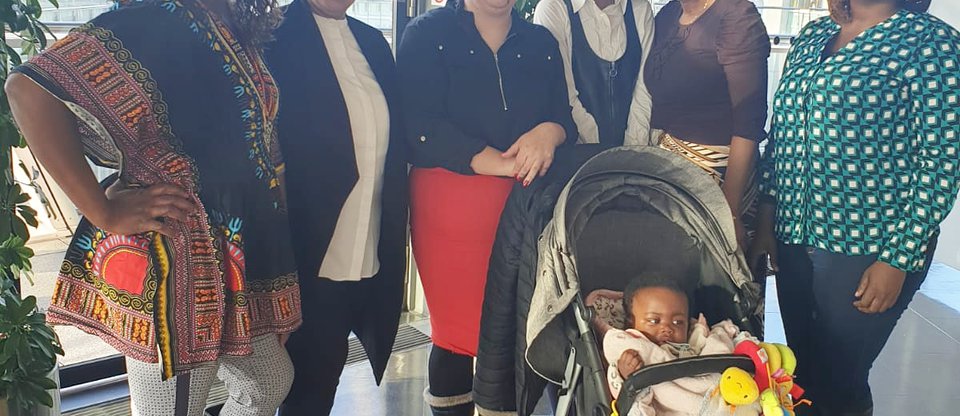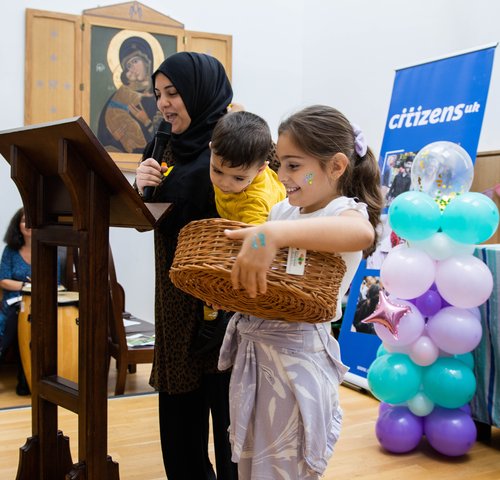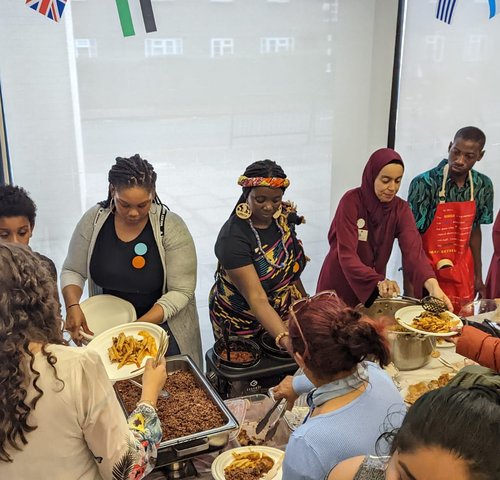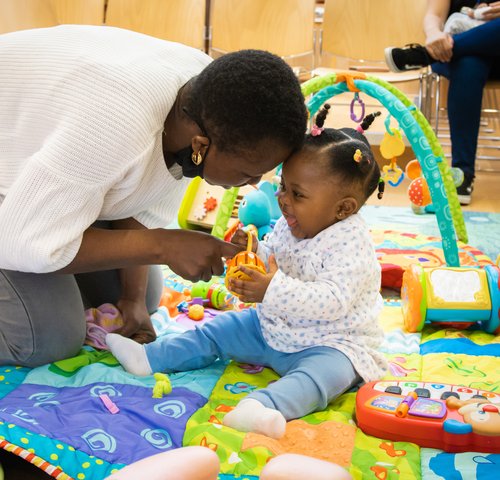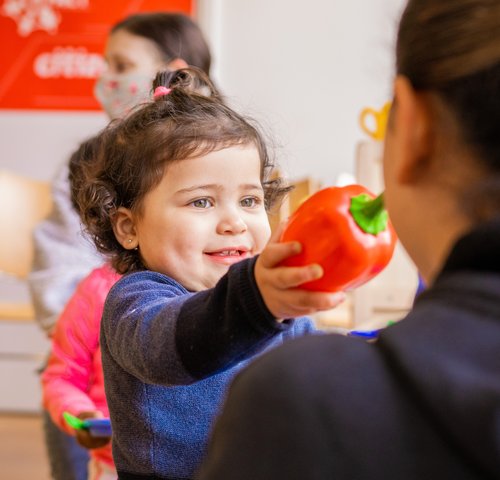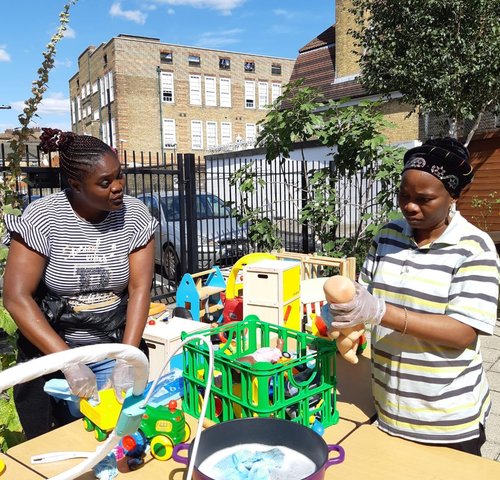“Where are you from?” Searching for identity in London
“Where are you from?” Searching for identity in London
Posted by Wilhelmina Perry
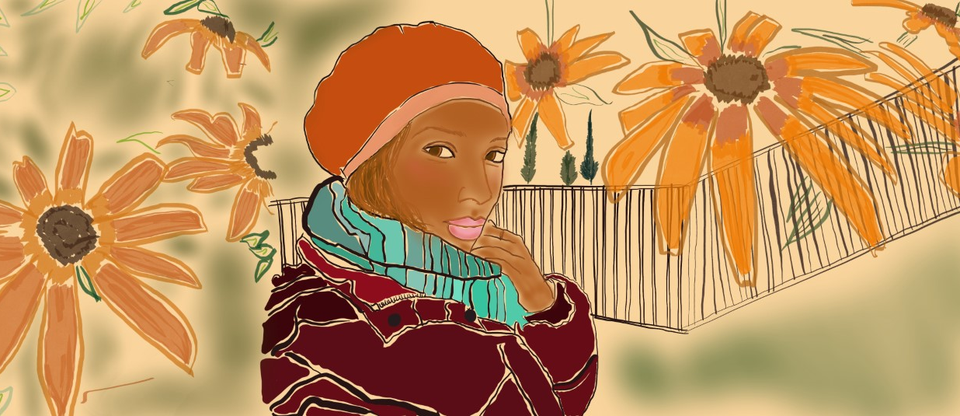
Members of PACT’s writing group have explored their experiences of identity as mothers, as Southwark residents and as Londoners, to try and understand the challenges that we all face. Whether it is through language or ethnicity, we all have a need to understand our place within the world.
Check out their article published in Community Bridges Online Magazine.
Danna
Throughout my childhood in Colombia, I have been questioned ‘Where are you from? Why doesn’t your mum look like you? People say that I am black, but others say not. I have always wondered why these questions come to mind when diversity should be normal? I come from a family with a mixed cultural history, my mother’s ancestors were European, Indigenous Colombian and African, while my father’s ancestors were African, Caribbean and Pacific Islanders.
We live in a multicultural society, yet many grow up in an environment of hostility for being different and this history of injustice and violence becomes a part of you.
It wasn’t until I arrived in London that I started to connect with old memories and think about my identity. While London has problems just like every other city, it has helped me accept myself. With so many different nationalities, I feel respect and finally feel I belong.
Helen
As a Mother born and raised in Ethiopia, it is only natural for me to try to teach my culture to my kids. This is not always easy in a society that emphasises the importance of integration over tolerance of other cultures. The trouble with this is that we compromise the identity of our children.
My children can only integrate as far as society allows them. However much I try to install ‘Britishness’ in them, they will inevitably be asked where they are from, merely because of the colour of their skin. This is frustrating as there is little I can do to protect them. The society that they embrace rejects them and pushes them towards violence.
Integration on its own will not be enough for a child with immigrant parents to build a strong identity. We as parents need to value and share our culture with our children.
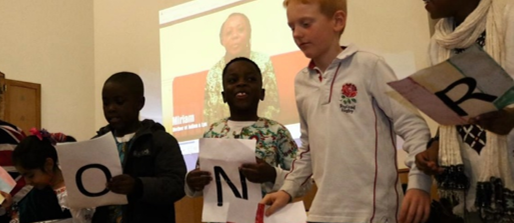
Munira
Our language is a central aspect of who we are; it enables us to express our feelings, ideas and thoughts to others. Without this ability to communicate, people can be isolated and vulnerable.
Through my work to support other parents to learn English, I have seen too much intolerance. While Southwark is a proudly diverse community, there are many parents struggling to access GPs or communicate with their children’s schools because of the language barrier. I have met many women from Latin America, Syria and Eritrea who have really struggled.
These parents are often underestimated. Contrary to what many think, being unable to speak a language does not measure your intelligence. Lots of immigrants in the UK are well educated.
We must do more to help parents. We need to improve access to ESOL classes and we need to remember to be kind and more tolerant.
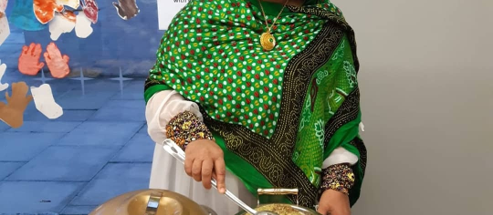
Carina
Finding my identity growing up in Peckham was difficult as I came to England when I was only three years old from a small island on the South-West of Portugal. My first experience was of a boy throwing me to the ground and pulling my ponytail because I didn’t speak English. It was heart-breaking to feel different from others. It was very unwelcoming.
While growing up at school, I felt I had to hide my culture so that I would be accepted. People assumed that we had come to the UK to live off benefits, but both my parents worked two jobs and I started working at sixteen.
My parents told me not to get involved with others so there would be no trouble. They felt a lot of distrust and only socialised with the Portuguese community. If I had friends from other cultures, I was told I did not belong, and I should stick to my own people.
This only changed when I became more independent at secondary school. I was able to be more myself and mix with others, as my parents became less fearful of me becoming an outcast. As an adult, I have built a network of support in Camberwell and Peckham and I really feel part of a community at PACT.
